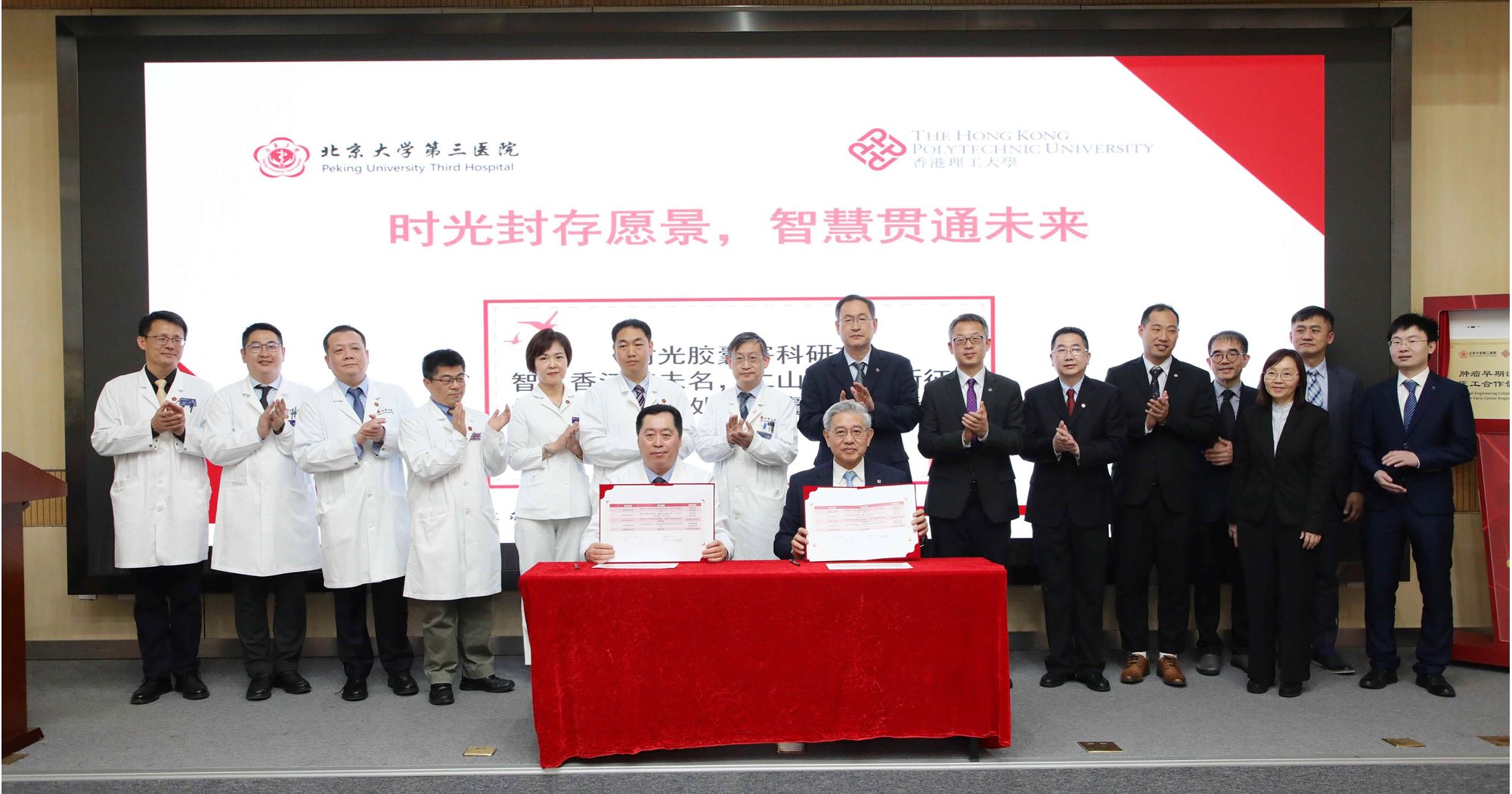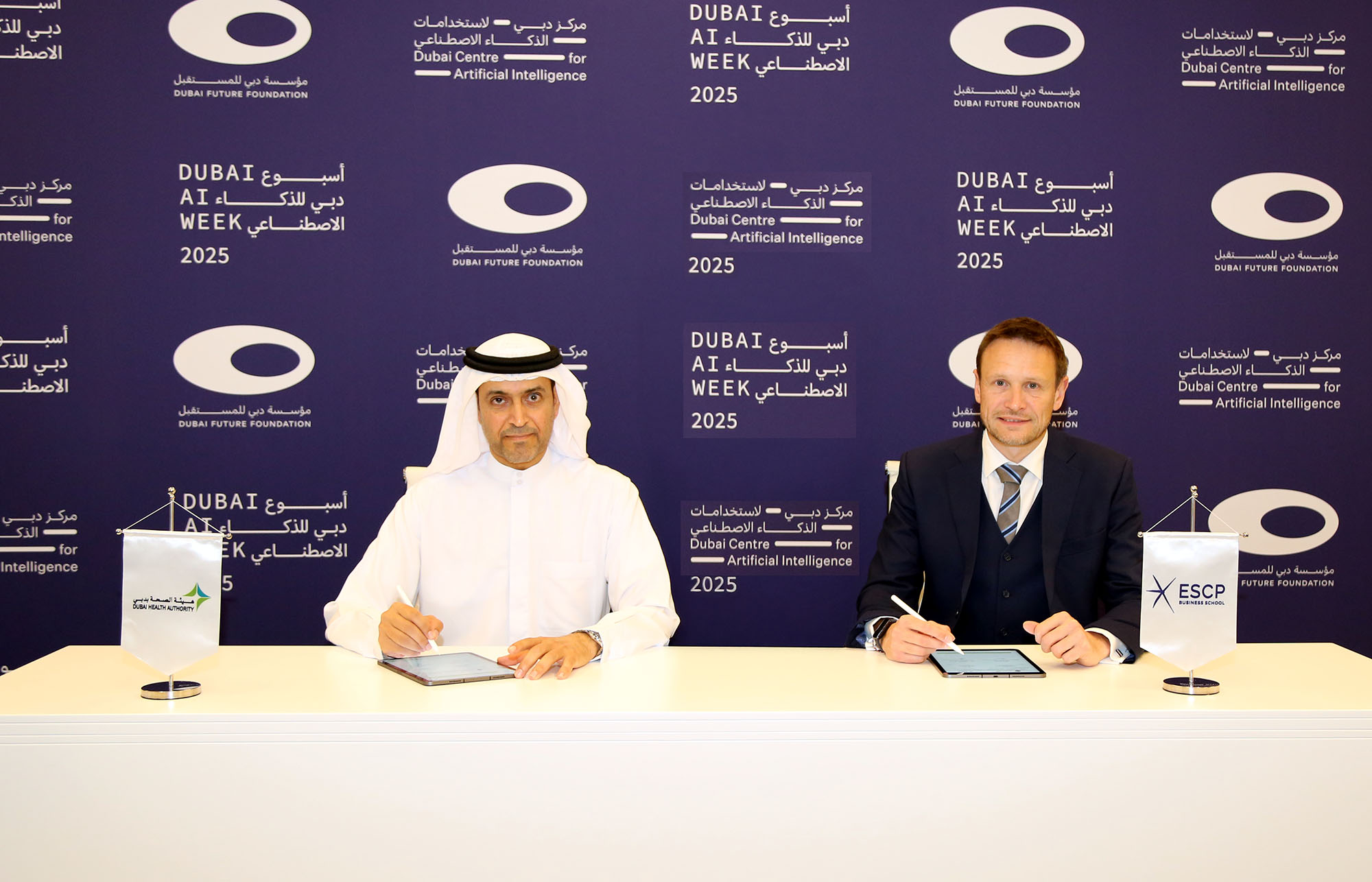
Winners of GlaxoSmithKline (GSK) Discovery Fast Track competition will partner with investigators on GSK's Discovery Partnerships with Academia (DPAc) team
Singapore: GlaxoSmithKline (GSK) launched Discovery Fast Track, a competition designed to accelerate the translation of academic research into novel therapies. Winners of the competition will partner with investigators on GSK's Discovery Partnerships with Academia (DPAc) team with a goal of developing viable research-stage drug candidates into innovative medicines.
The DPAc program, which was launched in the UK during late 2010, is a new approach to drug discovery where academic partners become core members of drug-hunting teams. GSK and the academic partner, share the risk and reward of innovation, where GSK funds activities in the partner laboratories, as well as provides in-kind resources to progress a program from an idea to a candidate medicine. Untill date, GSK has initiated nine collaborations in nine disease areas, including two in the US and one in Canada.
In order to avoid initial contract negotiations, which are often perceived as the biggest bottleneck in the pharma-academia collaborative process, the DPAc team conceived the Discovery Fast Track competition as a means to rapidly identify and screen the most promising hypotheses in academia.
Dr Roger Cone, professor, molecular physiology and biophysics, Vanderbilt University School of Medicine, US, and a DPAc participant, said that, "DPAc programs are incredibly valuable. Pharmaceutical companies bring an industrial approach to drug discovery that can't be replicated in academia. Combined with the pharmacological and biological expertise of academia, it's a perfect combination of skills and resources."
Dr Pearl Huang, global head, DPAc, said that, "With the Discovery Fast Track competition, we want to give all academic researchers who are passionate about translating their science into therapy, a chance to collaborate and access GSK resources and expertise to help bring novel and transformative treatments to patients. We are excited to receive submissions in all therapeutic areas and look forward to being part of the researcher's journey in making a difference."




